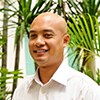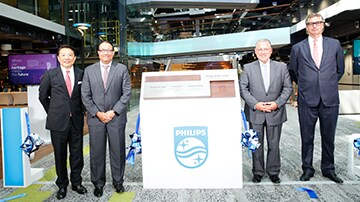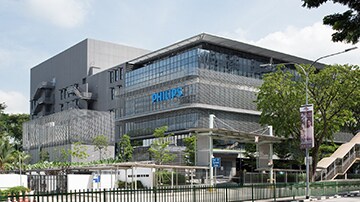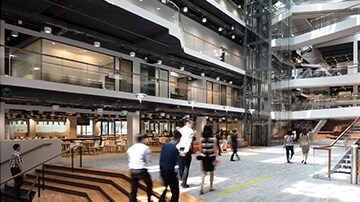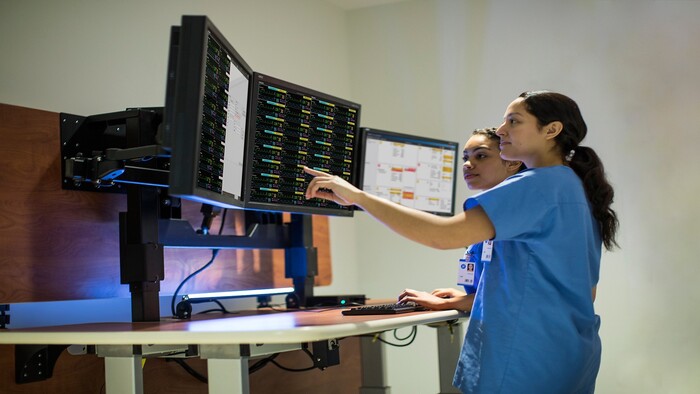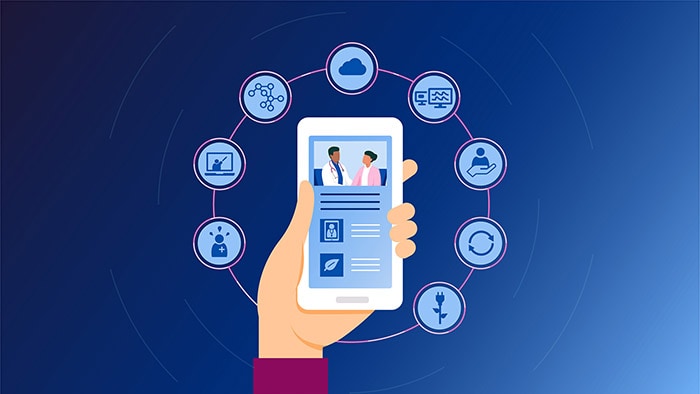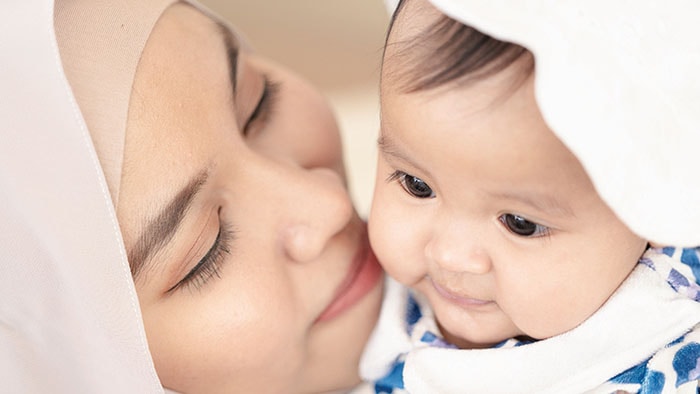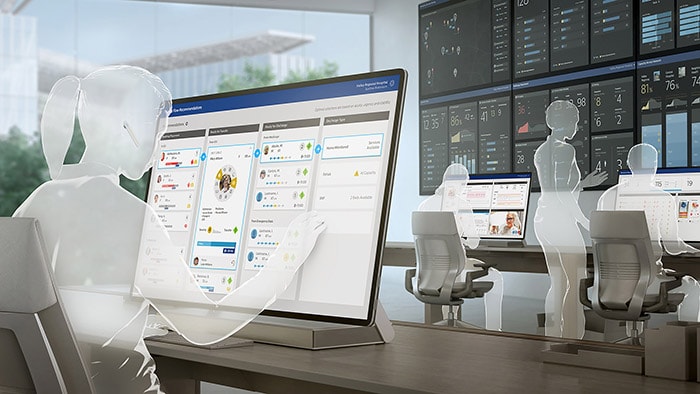May 19, 2016
Philips’ New ASEAN Pacific Headquarters to Address Healthcare Needs
New office building will enable the health technology company to deliver innovative solutions across the region
Royal Philips strengthened its commitment to improving the lives of people in ASEAN Pacific (APAC)
Singapore – Royal Philips (NYSE: PHG, AEX: PHIA) today strengthened its commitment to improving the lives of people in ASEAN Pacific (APAC) with its new state-of-the-art Philips APAC Center in Singapore. The Opening Ceremony was attended by guests of honor, Mr. S. Iswaran, Minister of Trade and Industry (Industry), and H.E. Jacques Werner, Ambassador of the Kingdom of the Netherlands to Singapore. Housed in Toa Payoh, at the same Philips site since 1972, the new 38,000-square-meter office building brings together Philips’ innovation and design expertise and business-creation capabilities to better serve the company’s business growth and address healthcare needs in the ASEAN and Pacific region. “Today, the world faces significant healthcare challenges with an aging population, the rise of chronic diseases and global resource constraints that limit the access to quality healthcare,” said Ronald de Jong, Executive Vice President & Chief Market Leader, Royal Philips. “I am convinced that these can be addressed through new and more highly integrated care delivery models enabled by health technologies and new business models. It is vital that we innovate with our partners in a meaningful and locally relevant way.”
Speaking at the launch of the Philips APAC Center, Mr. De Jong continued: “This is also a significant event for us at Philips as we celebrate our 125th anniversary this year globally. In Asia, Philips is committed to working in close collaboration with all stakeholders in the healthcare ecosystem to redesign how healthcare can be delivered to benefit societies. By leveraging the health technology capabilities that reside in our new APAC headquarters and the talent pool in APAC, we look forward to delivering innovative solutions for this region and beyond.” Globally, and in Asia, people are increasingly looking for ways to be healthy, to live well and to care for themselves and their families at home. As consumers look for ways to take control of their own health, their needs and those of healthcare professionals are increasingly becoming intertwined. To address these needs, collaborations and partnerships between healthcare professionals and corporate enterprises are imperative to delivering innovative solutions across the health continuum. Together we can empower people to live healthier lives, enable people to better manage their own health, ensure patients receive accurate diagnosis for more effective treatment, and support patients’ recovery and chronic care at home. “Our new Philips APAC Center – that will house our APAC headquarters and innovation activities – serves as a gateway to the region. Singapore, with its strong pool of skilled talent, is critical to us as we are increasing our focus into health technology. Our business is going through a transformation – from a supplier of individual medical and consumer products to a provider of integrated health technology solutions and services. This means that our facilities and ways of working need to transform as well,” said Fabian Wong, Chief Executive Office, Philips ASEAN Pacific.
“With the new Philips APAC Center, we see a huge potential to form more strategic alliances with leading healthcare innovators in Singapore and the region. Together with our deep clinical and consumer insights, and integrated solutions portfolio, we are well positioned to improve people’s health and enable better outcomes,” continued Mr. Wong. “We are confident that the new Philips APAC Center will be a critical node in Philips’ global innovation network, serving as a platform for Philips and its partners to co-create new digital healthcare solutions for Asia, from Singapore,” said Ms. Thien Kwee Eng, Assistant Managing Director of the Singapore Economic Development Board. “Its establishment will reinforce Singapore’s capabilities in design, digital innovation and healthcare, as we build a future economy based on innovation and value-creation.”
Philips APAC Center delivers innovative solutions across the health continuum
The new Philips Toa Payoh campus is set to deliver innovative solutions across the health continuum through its new and unique world-class facilities:
In addition, the building is a showcase equipped with the company’s own industry-leading LED lighting systems. Beyond sustainable features like energy-savings and lowered carbon footprint, connected lighting with Philips PoE (Power-over-Ethernet) is built into areas where higher interaction levels are expected. Facilities management efficiency is improved with less mains wiring since the same cable can serve as the phone line, internet cable and power cable simultaneously. Remote management of these lighting systems also means increased productivity and personalized control. The Philips APAC Center was built and designed with Workplace Innovation (WPI) in mind, a new way of working that encourages collaboration. With the aim to reduce carbon footprint, the new building now houses employees who used to occupy four buildings, with facilities that foster an activity-based collaborative work culture – a vivid manifestation of Philips’ business goals and role as the regional headquarters. The open-concept design of workplaces and the use of collaborative digital technologies enable employees to be more flexible and agile, in turn enabling them to be more productive, inspired and creative. Philips has used this WPI concept since 2008, and it has been implemented in 29 country offices globally.
Today, the world faces significant healthcare challenges with an aging population, the rise of chronic diseases and global resource constraints that limit the access to quality healthcare
Ronald de Jong
Executive Vice President & Chief Market Leader, Royal Philips
We are confident that the new Philips APAC Center will be a critical node in Philips’ global innovation network, serving as a platform for Philips and its partners to co-create new digital healthcare solutions for Asia, from Singapore
Ms. Thien Kwee Eng
Assistant Managing Director of the Singapore Economic Development Board
About Royal Philips
Royal Philips (NYSE: PHG, AEX: PHIA) is a leading health technology company focused on improving people's health and enabling better outcomes across the health continuum from healthy living and prevention, to diagnosis, treatment and home care. Philips leverages advanced technology and deep clinical and consumer insights to deliver integrated solutions. Headquartered in the Netherlands, the company is a leader in diagnostic imaging, image-guided therapy, patient monitoring and health informatics, as well as in consumer health and home care. Philips' health technology portfolio generated 2015 sales of EUR 16.8 billion and employs approximately 70,000 employees with sales and services in more than 100 countries. News about Philips can be found at www.philips.com/newscenter.
